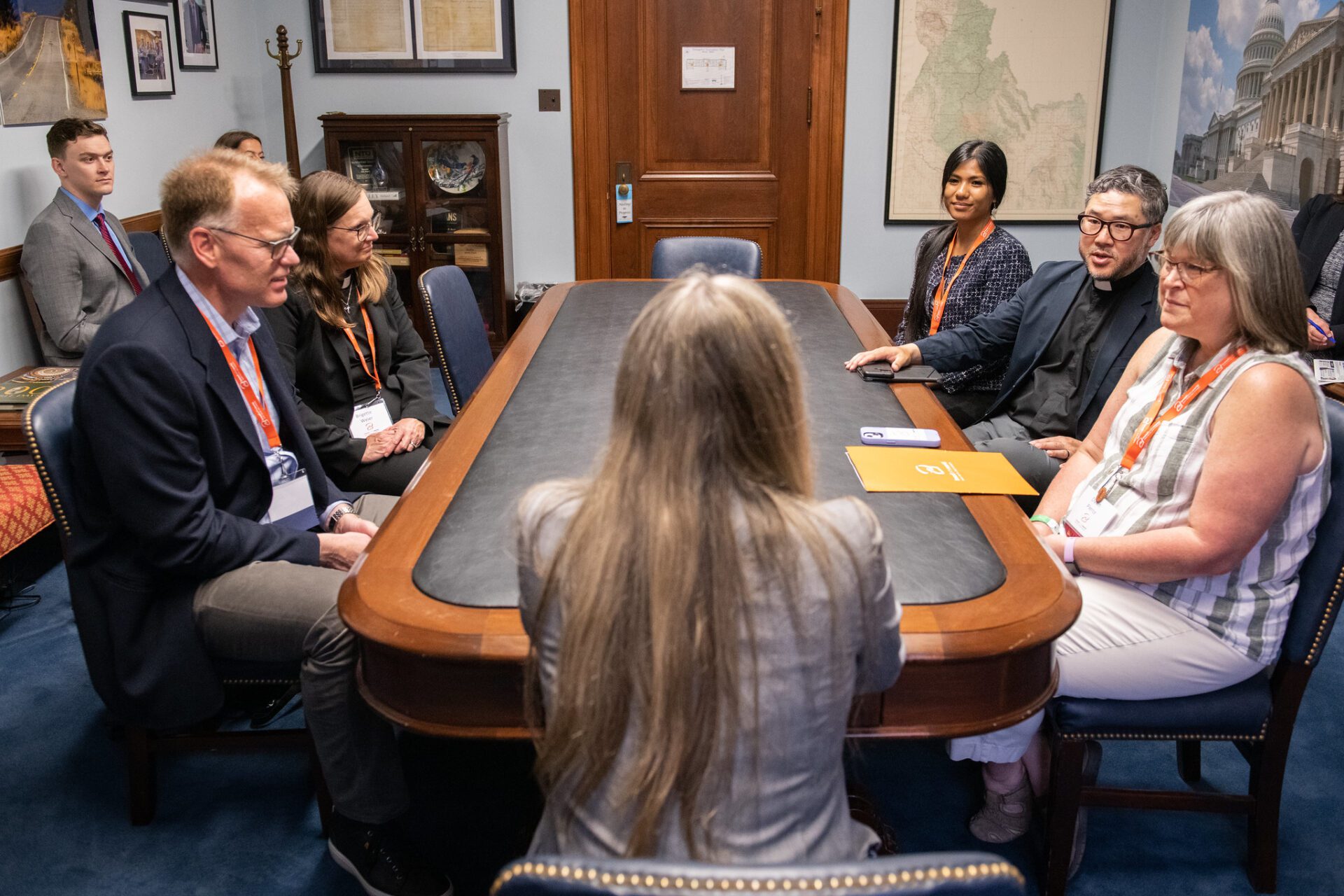
Policy Change
This is an important time to get involved and make your voice heard. Congress and the president are making major decisions that could seriously benefit individuals and families living in poverty and at risk of hunger. Bread for the World’s policy agenda focuses on the issues that will put our country and world on track to end hunger in our lifetime. These are some of the issues that Congress or the administration need to address in order to accomplish this goal.
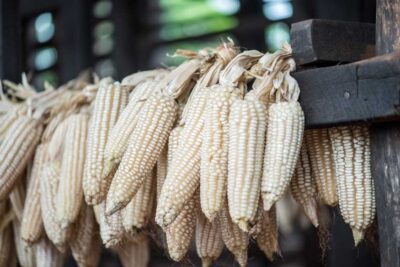
Agriculture and Trade
Trade can be a powerful tool for the reduction of poverty in developing nations. But U.S. agriculture and trade policy has sometimes undermined the efforts of lower-income countries to take the first step out of poverty.

Climate Change
People in low-income countries face the worst impacts of climate change on a daily basis – even though they contribute the least to greenhouse gas emissions. And low-income communities, especially communities of color, are more susceptible to the effects of climate change in the United States.

Criminal Justice Reform
Our criminal justice system is broken; the inequities are stark and alarming. The brokenness of the criminal justice system leads to hunger and poverty. Bread is committed to doing our part to end hunger and poverty in ways that advance justice.

Foreign Assistance
Think of foreign assistance, and you might picture food relief or rebuilding towns following disasters. However, U.S. foreign assistance also includes many long-term development programs to break the cycle of hunger and poverty.

Global Nutrition
Ending hunger around the world is not just about providing people with enough food — calories — it’s also about providing the right nutrients. Globally, 1 in 4 children are stunted, or chronically malnourished, and will not have the chance to achieve their full potential because of poor nutrition early in life.
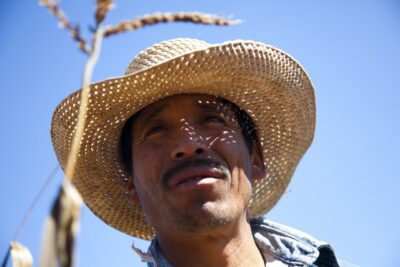
Immigration Reform
One of the major reasons people leave their home countries is to escape poverty and hunger and improve their livelihoods. Yet, undocumented immigrants in our country are nearly twice as likely as the general population to experience hunger.
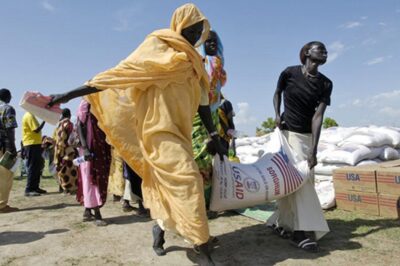
International Food Aid
When a disaster strikes, people overseas often receive emergency food from the United States. The government also provides ongoing food aid to address the “silent disaster” of hunger and malnutrition.

Nutrition in the United States
Nearly 1 in 6 children in the United States live at risk of hunger. Many of these children have parents who have jobs and work hard, but their wages aren’t high enough to cover the high costs of rent, transportation, and utilities — and daily meals.
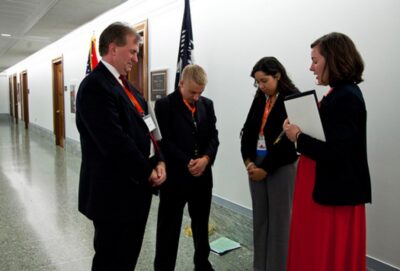
Tax Credits
When you think about a household budget, what are the expenses? Big ones like rent, transportation, child care, and utilities are mostly fixed expenses. Food ends up being one of the most flexible necessary budget items. With tax policies, we can protect money that many low-income families need for food.

U.S. Federal Budget
The federal budget is a statement of who we are as a nation. It is more than a financial document. It is a moral one. “For where your treasure is, there your heart will be also” (Matthew 6:21). This applies to nations as well as people.
